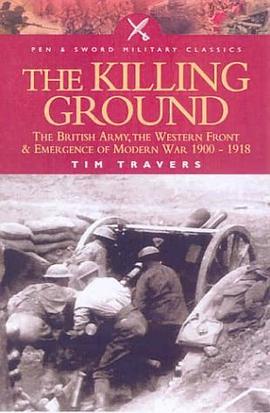

The orthodoxy regarding the relationship between politicians and military leaders in wartime democracies contends that politicians should declare a military operation's objectives and then step aside and leave the business of war to the military. In this timely and controversial examination of civilian-military relations in wartime democracies, Eliot A. Cohen chips away at this time-honored belief with case studies of statesmen who dared to prod, provoke, and even defy their military officers to great effect.
Using the leadership of Abraham Lincoln, Georges Clemenceau, Winston Churchill, and David Ben-Gurion to build his argument, Cohen offers compelling proof that, as Clemenceau put it, “War is too important to leave to the generals.” By examining the shared leadership traits of four politicians who triumphed in extraordinarily varied military campaigns, Cohen argues that active statesmen make the best wartime leaders, pushing their military subordinates to succeed where they might have failed if left to their own devices. Thought provoking and soundly argued, Cohen's Supreme Command is essential reading not only for military and political players but also for informed citizens and anyone interested in leadership.
具体描述
读后感
评分
评分
评分
评分
用户评价
相关图书
本站所有内容均为互联网搜索引擎提供的公开搜索信息,本站不存储任何数据与内容,任何内容与数据均与本站无关,如有需要请联系相关搜索引擎包括但不限于百度,google,bing,sogou 等
© 2025 book.wenda123.org All Rights Reserved. 图书目录大全 版权所有




















